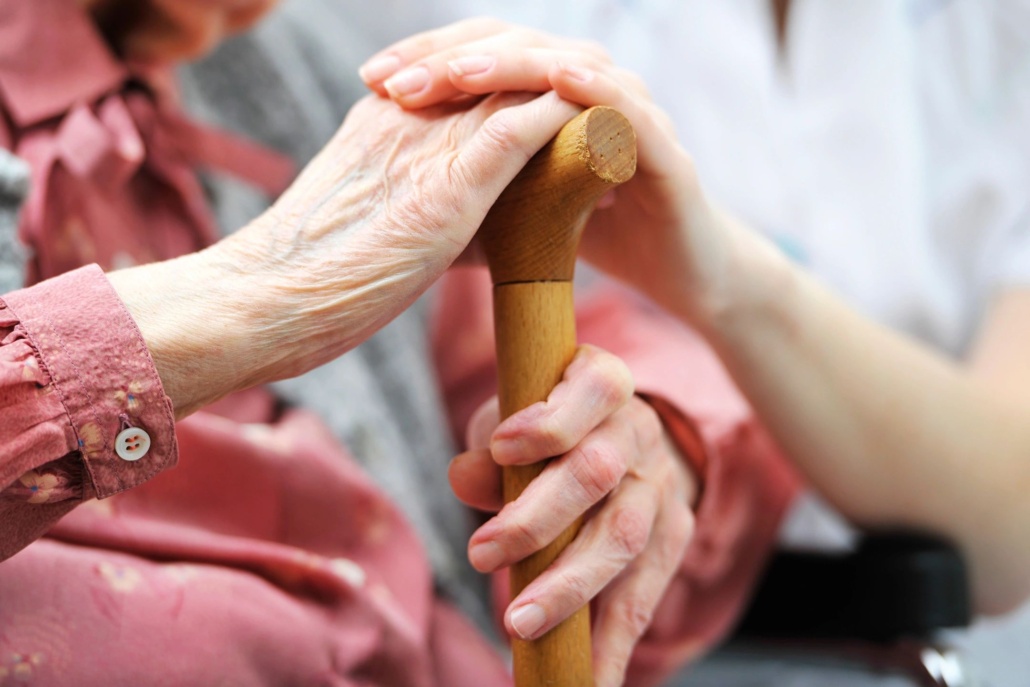A lot has changed within this past year regarding the COVID-19 pandemic. “The European Paediatric Association-Union of National European Paediatric Societies and Associations (EPA-UNEPSA) has established a collaborative working group with key Chinese academic institutions and medical centers with the purpose of facilitating the reciprocal exchange of information and sharing scientific knowledge,” (Jiao, et. al., 2020). The purpose of this group is to raise awareness to children’s psychological needs during epidemics and report early data collected. Children are affected by the COVID-19 epidemic by experiencing fears, uncertainties, and physical and social isolation. A study conducted in Shaanxi Province in February 2020 was that the most common psychological and behavioral problems…
“Breast cancer is the most frequently occurring cancer among women worldwide,” (Zhou, et. al., 2011). This study was based in China and the writers state how relevant breast cancer rates are in their country as well as in the western regions of the world. They state that the primary treatment for breast cancer is surgery among several other treatment options, and those can lead to negative side effects and unhealthy mood, such as depression. The prevalence rate of depression in China ranges from 3.0% to 47.6%, and in other countries it ranges from 34.4% to 89.5%. One tool to care for these patients is the use of music therapy, and…
Music therapy has an effect on many areas of one’s functioning. These areas include cognition, physicality, communication, social interaction, and emotional wellness. When someone experiences a stroke or traumatic brain injury (TBI), these areas can be impacted greatly, and music therapy can be a method of support as well as rehabilitation. This article states that at the time, there was little research in the stroke and TBI realm, but there were other studies that assessed positive effects for other populations. This article quotes another study in 1992 by MacRae Statine, “Because music is laden with emotional associations and memories, it provides an effective medium for evoking emotional responses. This study…
“Music is a multimodal stimulus that activates many brain structures related to sensory processing, attention, and memory, and can stimulate complex cognition and multi-sensory integration,” (Strzemecka, 2013). This writer from Poland goes on to state several different ways that music is processed in the brain and how stroke affects so many parts of the brain so severely. He then goes on to state that rehabilitation should be addressing several different needs of the patient that are desirable by the patient. Music, not just music therapy, can be used to support patients in their daily lives. Just listening to music on a daily basis can help with memory and attention. Music…
This article states that music can support clients therapeutically to combat their addiction as well as spark cravings for substances. “This article describes such a music therapy program tailored to clients with addiction problems, to tackle some of their major difficulties and specific impairments,” (Dijkstra & Hakvoort, 2004). It is also worth noting that music is an extremely powerful tool, and is as helpful or harmful to someone’s recovery. “It touches feelings of longing, craving, pain, pleasure,…and shows their coping strategies, (Dijkstra & Hakvoort, 2004). This article states that The Dutch Health Care Council reports addiction as an almost chronic illness of bio-psycho-social etiology. This theory combines one’s biology, psychology,…
We should not assume that all children diagnosed with Autism Spectrum Disorder (ASD) are non-verbal. Some do have verbal skills and are considered “high functioning,” a term used to give further definition to the individual’s overall ability to function. I have found in my practice, that even if they have some verbal skills, it does not automatically mean they are “high functioning,” but that is a discussion for another day. What this study wanted to explore is what do music therapists think that work with these children perceive as to how the music functions? What is the music’s probability to work therapeutically? As with any qualitative study, the researcher often…
Depression is a common problem that affects hundreds of millions of people worldwide. “Music therapy has been used in a range of ways to treat depression… approaches can be active or receptive,” (Maratos, A., Gold, C., Wang, X., & Crawford, M., 2008). Music therapy can be provided in an engaging or relaxing manner and can have an effect on mood and spark self expression when it may be difficult to express feelings. In this study, it stated that music can help reduce stress, sooth pain, and energize the body. It can also provide others with insight to one’s relational and emotional problems throughout talking about musical dialogue. The objectives within…
This is my first blog about internships. As the internship director for our company, this topic has been on my mind as of late because I am working to complete the necessary paperwork for Central Ohio Music Therapy, LLC to become a National Roster Internship site for the American Music Therapy Association. Knowing that good experiences and education can provide keys to success, this mixed methods study sounded interesting when I went to look for resources recently. I will say that understanding how undergraduates view the internship process was not something I had thought about before. Internships can vary in length depending on the facility or company hosting the internship. …
This study took place by the geriatric department in Lanspitali University Hospital in Reykjavik, Iceland. Researchers found that a majority of people living with Alzheimer’s disease show many episodic behavioral and psychological symptoms of dementia, such as agitation and restlessness. This can lead to decreased wellbeing in patients, decreased quality of life, and an increase of heavy burden on the caregivers, (Scansdottir & Snaedal, 2006). These symptoms can determine the difference in one’s life as to where they live; at home, in a nursing facility, or an institution. Treatment to these symptoms are mostly pharmacological, which can include but are not limited to sedatives, neuroleptics, or antidepressants. This use of…
For many music therapists, research is a lifeline and an incredible tool with which we expand our personal knowledge and educate others in and out of our field, including client families. Throughout previous and current research, the language used amongst researchers has come to the forefront of Metell’s mind. In this article, Metell describes in great detail the discrepancies between language used in research as compared to language used in person with families and clients. Although there are moments of uncertainty, unfamiliarity, and discomfort, Metell respects these dissonant emotions through full awareness and identification of their biased social context. Discourse as a social system gives production to knowledge and meaning…









